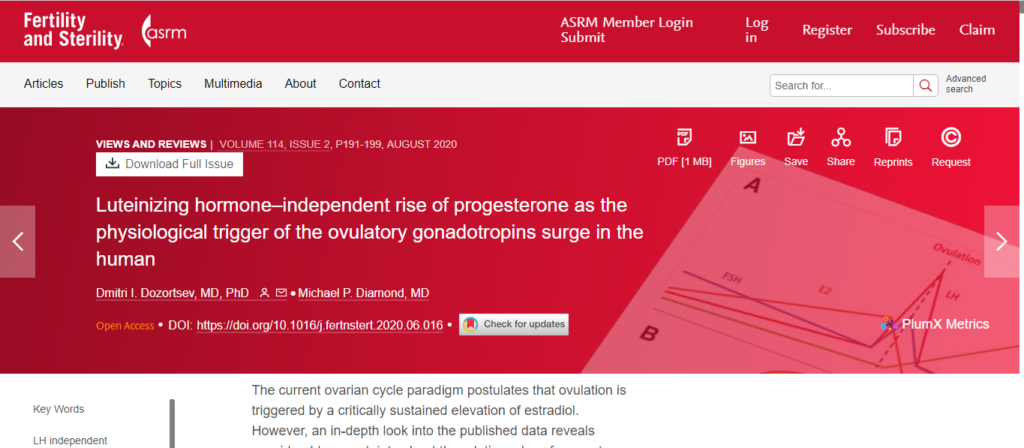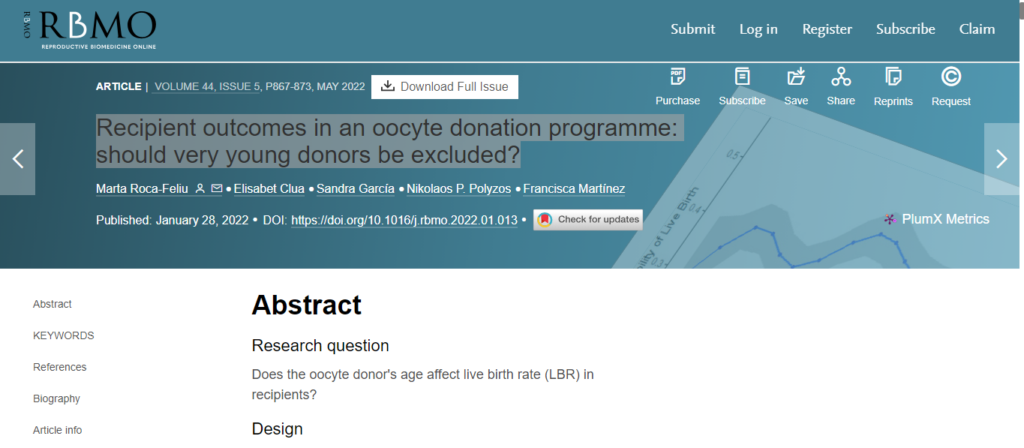Herpes poses few serious risks when it comes to reproductive health.
Herpes is an infection caused by herpes simplex virus (HSV). It’s possible to contract the virus through skin-to-skin contact with a person who has HSV. It is most commonly spread through the moist skin that lines the mouth, genitals, or anus, though it can spread by way of other areas of skin or the eyes. Herpes may affect the mouth, external genitalia, anal area, or other regions of skin.
Since there is no cure for herpes, the condition is chronic. Luckily, many who contract the condition never experience symptoms. Those who do may experience blisters, ulcers, cold sores, vaginal discharge, or pain during urination. Luckily, there are a number of medications and home remedies that are able to treat symptoms.
Around 17% of people aged 19-49 have genital herpes while around 50-80% of all Americans have oral herpes (the data is imprecise because people often assume that they simply have a cold sore instead of oral herpes and, as a result, don’t treat the infection).
Though the disease is extremely common, it still carries a stigma that discourages many patients from speaking about it candidly with their healthcare practitioners. A common concern expressed by patients is how the infection may affect their fertility. Here’s what you need to know:
Herpes and Female Fertility
While it’s true that other sexually transmitted infections (STIs) including gonorrhea and chlamydia can negatively impact female fertility if left untreated, herpes, whether treated or not, does not pose any similar threat. While symptoms of herpes may include sores or blisters around the genitals, these symptoms do not affect the reproductive organs.
Herpes cannot impact biological fertility levels — however, in the case of an outbreak, it is recommended that those experiencing herpes abstain from sexual intercourse. If you have herpes, you may need to delay efforts at conception, but once the outbreak passes, you can engage in normal sexual activity.
Herpes and Male Fertility
While herpes has no impact on female fertility, herpes can reduce a man’s sperm count. A 2013 study found that herpes was associated with low sperm count among men who were tested. This is the only known effect of herpes on fertility.
Herpes and Pregnancy
Many women worry about how having herpes might impact their pregnancy and childbirth.
Unless the first outbreak occurs while pregnant, there is practically no risk associated with herpes and pregnancy. In fact, according to the American Sexual Health Association, while 25-30% of pregnant women have genital herpes, less than 0.1% of babies both in the United States each year get neonatal herpes.
The only real danger that herpes poses to pregnancy is in the form of an extremely rare strain of the virus, HHV-6A, which can lead to miscarriage. However, the vast majority of pregnant women with herpes carry a healthy baby to term.
If you are pregnant and have herpes, it’s important that your doctor know about your diagnosis in order to effectively monitor you for outbreaks before childbirth. If you have an outbreak while giving birth, it is best to have a C-section to prevent the baby from coming into contact with the sores. If you don’t have any open sores, however, it is completely safe to have a vaginal birth while having herpes.
Protecting Your Sexual and Reproductive Health
A large body of research suggests that herpes poses no real risks to female fertility. Though herpes may potentially affect sperm counts in men, for the most part, those with herpes are able to conceive with no problem (barring the presence of any other fertility-affecting conditions).
Critically, it’s important to remember that you can get pregnant and give birth to a completely healthy baby if you have herpes. The best way to protect yourself and your future child is to undergo a full STI screening and asking your practitioner about any other potential risks to your fertility, pregnancy, or ability to give birth.
If you do have concerns about how herpes or other STIs can impact your sexual or reproductive health, don’t hesitate to schedule an appointment to address these concerns with a fertility specialist at AFCT. We’re here to ease the family planning process by guiding you through a fertility treatment or process that works for you.



